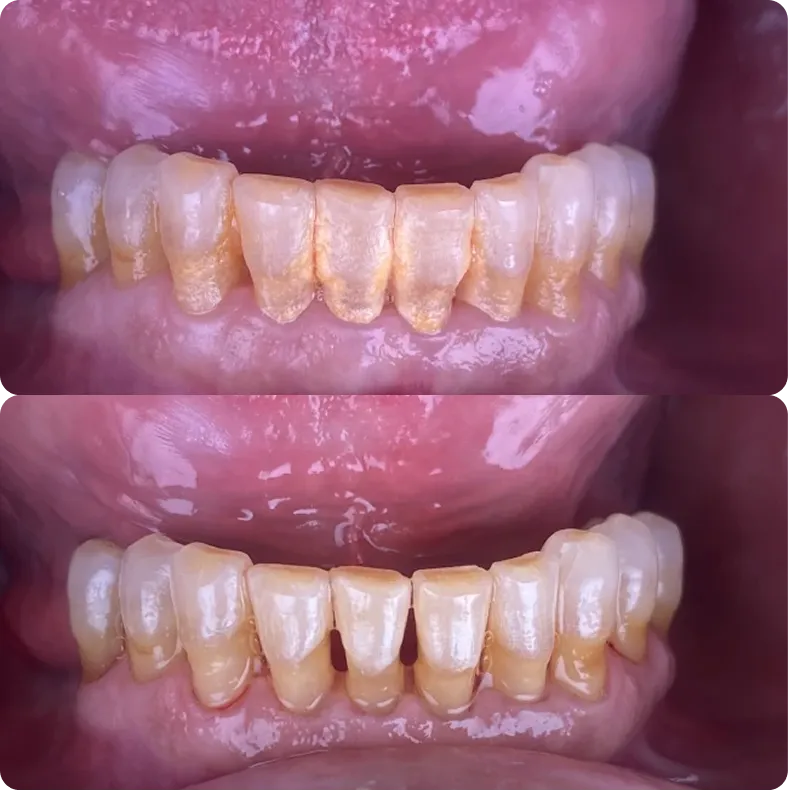The Consequences of Oral Bacteria and Gum Disease Go Far Beyond the Mouth
At Midtown Dental Studio we practice complete health dentistry. All that means is that we understand that the health of your mouth and the health of your body impact one another in many ways. We believe in being as thorough as possible and customizing your care to help you obtain and maintain optimal oral health. Since Periodontal Disease is multifactorial, we need to know the cause so at Midtown Dental Studio we use salivary testing with OralDNA® Labs to check your oral bacterial levels and genetic risk of inflammation.
OralDNA® Labs offers testing for the profile of oral bacteria that cause periodontal disease. These bacteria, especially at high levels, and in combination with an individual’s genetic inflammatory response, result in bad breath, pain, bleeding gums, loss of bone, and eventually tooth loss. But the consequences of these same bacteria, present for years and decades, add significantly to the risk of a wide range of life-threatening diseases beyond the mouth. Below are some of those diseases and the measurable risk of those diseases becoming serious if these oral pathogens are not treated.
.svg)
Cardiovascular disease
.svg)
Metabolic Health and Diabetes
.svg)
Health During Pregnancy
.svg)
Development of Cancer and Risk of Progression
.svg)
Joint and Musculoskeletal Health
.svg)
Dementia and Brain Health


.svg)
.svg)
.svg)
.svg)


.svg)
.svg)

.svg)
.svg)


.webp)
.svg)




.svg)
.webp)
.svg)
.svg)

.svg)


.svg)
.svg)

